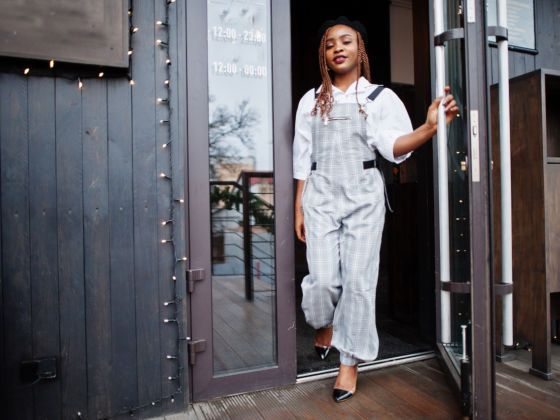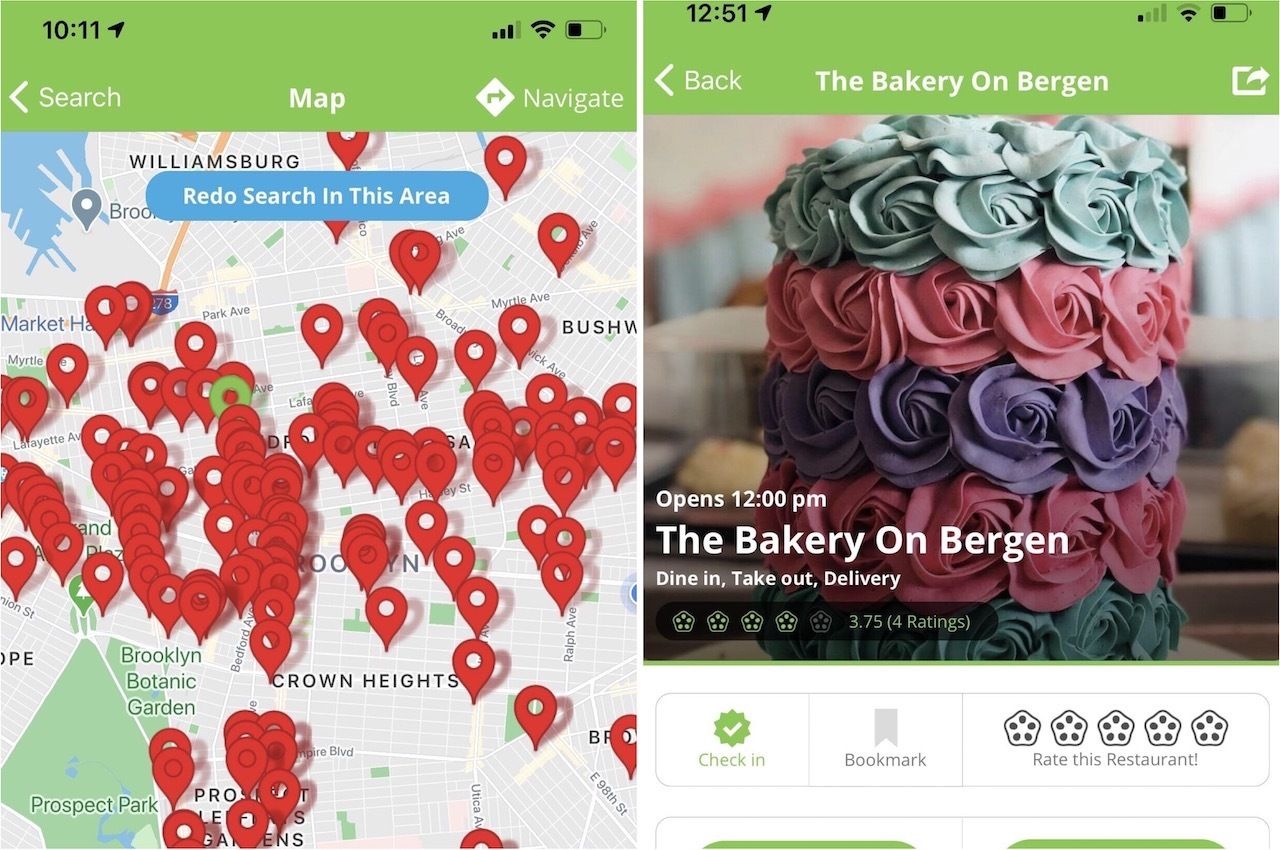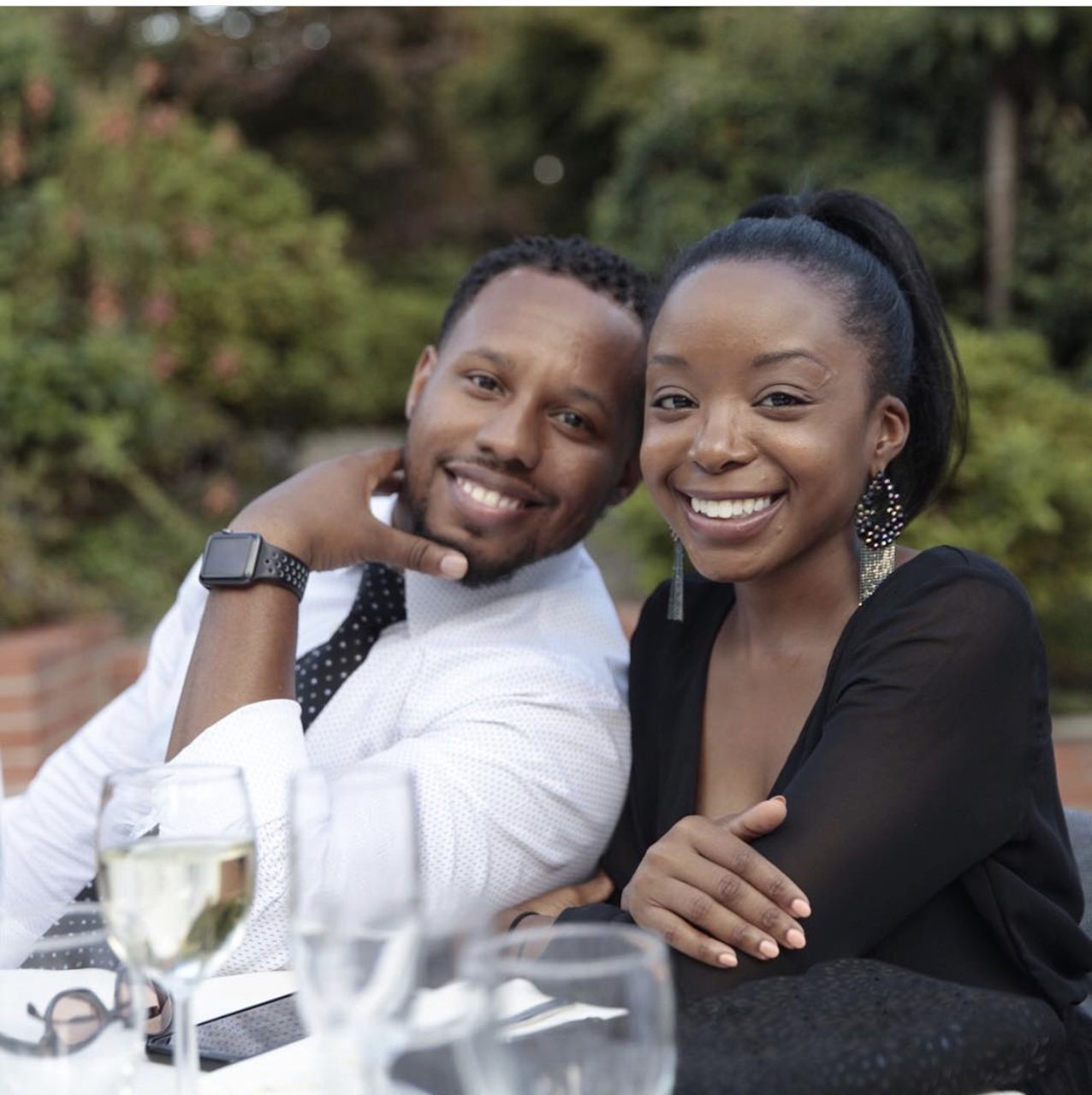The EatOkra app is booming. Anthony Edwards, who founded the app in 2016 with his wife Janique, says that in the wake of the social uprising spurred on by the alleged murder of George Floyd at the hands of a police officer, the app has seen around 100,000 new downloads. That’s compared to last year when the app netted 12,000 downloads in total.
And it’s not just users who are growing: The database — which currently lists 2,600 Black-owned restaurants, bakeries, cafes, food trucks, bars and wineries — is on the verge of a major expansion. Around 5,000 new businesses have reached out to Edwards since June 1, requesting to be added to the EatOkra directory. It’s so much new interest that he and Janique simply don’t have the bandwidth to handle all the new data pouring in. While they raise money to hire more employees, they’re marveling at the recent response to the app.


